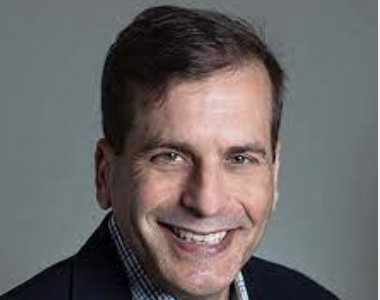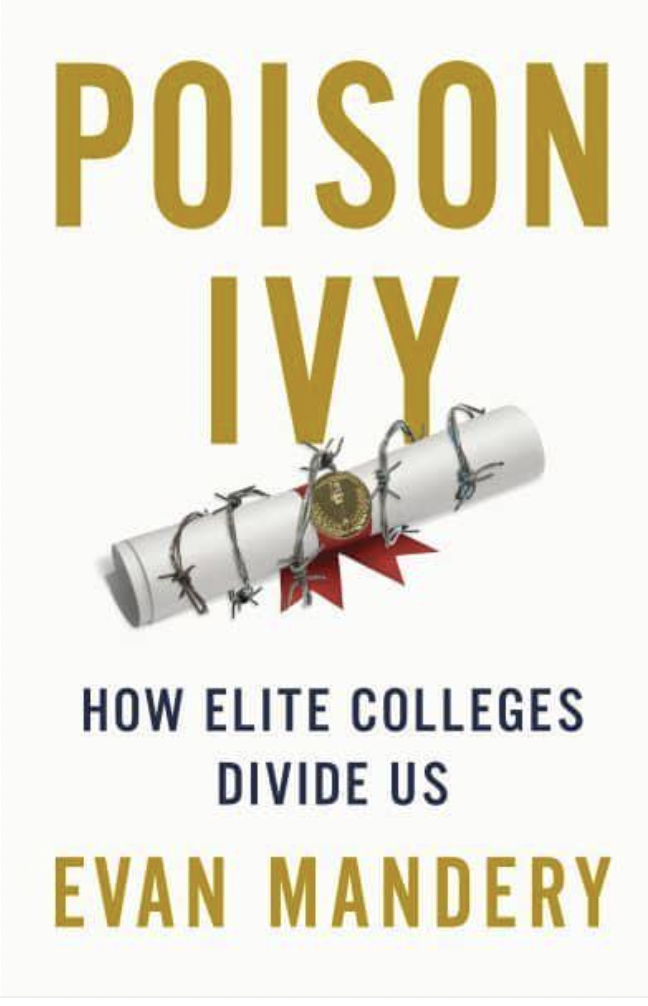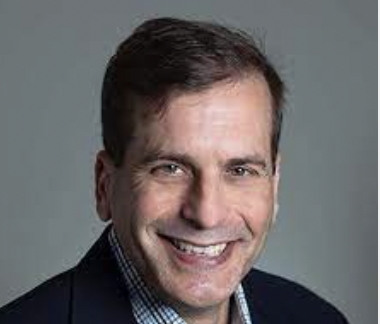
Visions of Class discrimination


America’s elite universities, envied by the world, as US institutions have the five largest endowments, hold 8 of the top 10 positions in the world and help keep the rich richer – making it harder than ever to fight the inequality dividing us today and dominate several subject listing put out by Shanghai Ranking.
Poison Ivy reveals the bigger, seedier story of how elite colleges create paths to admission available only to the wealthy, despite rhetoric to the contrary, and also shows light on how tacit agreements between exclusive “Ivy-plus” schools and white affluent suburbs create widespread de facto segregation. Conservatives charge that college campuses have become hotbeds of “woke” ideology; Liberals complain that low-income and minority students are still poorly served and shunted away from good schools and top degrees that qualify them for lucrative jobs.
Several students leave university laden with crippling debts, and President Joe Biden recently announced a $20, 000 loan forgiveness programme that has that an election issue for Congress.
US research and cultural blocks have been building blocks of the West’s success, although the sector is corroding American society from within. As a college degree continues to be the definite route to upward mobility, the inequality bred in our broker higher education system is now a principal driver of skyrocketing income inequality everywhere.
Evan Mandery- a professor at a public college that serves low- and middle-income students – contrasts the lip service paid to “opportunity” by so many elite colleges and universities with schools that actually walk the walk. Poison Ivy synthesizes fascinating insider information on everything from how students are evaluated, unfair tax breaks, and questionable fundraising practices to suburban rituals, testing, tutoring, tuition schemes, and more. Mandery takes the lid off the faulty system and shows us what will be possible if we muster the collective will to transform it.
Harvard University, the country’s oldest and best-known institution, is in the dock on Monday, at the Supreme Court, facing a legal challenge to the way it selects its undergraduates. The Plaintiffs contend that the university illegally favours black and Hispanic students at the expense of Asian American applicants in a misguided attempt to promote diversity, and want the justices to ban Harvard and higher education more broadly from considering race at all. The University’s affirmative action programme has drawn dozens of supporting briefs from big companies, other educational institutions, and the Bidden administration, they contend that society benefits when students are exposed to people from different backgrounds and when a business can draw from a racially diverse pool of university graduates. Access to elite university education is critical for anyone who wants to climb the ladder to social and corporate success. Middle-class British parents are obsessed with Oxbridge admissions, and the French populist decries the power of the grandes ecoles. Poison Ivy attempts to demolish claims by the most prestigious US schools that they dedicate their tax breaks, gigantic endowments, and selective admissions for the greater good. He gives personal stories to show that the top schools mostly educate rich people and steer them into lucrative careers that equip them to send their children and donations back to the alma maters. Over sixty per cent of Harvard‘s 2020 graduates went into finance, consulting, or technology, and sixty per cent of John Jay students work for the government or not-for-profit organization. Mandery writes “ Elite colleges are exceptionally good at keeping rich kids rich”. While the poor students who attend rich colleges see an increase in their social mobility, however, the impact is small. Three CUNY colleges lead the nation in economic mobility, at least 10 per cent of graduates move from the lowest quintile in income to the top quintile. Mandery also explores the struggles of low-income students who do win admission to elite schools. He argues that US parents choose everything from where to live to the sport their children play with one eye on college admission prospects. By the time Americans reach age 18, many have fallen off “the escalator” to economic advancement.
The real harm is done by the preferences that most universities give to the children of donors and alumni, and students who play elite sports.
Giving those up would strip affluent whites of their familiar advantages and force them to confront the injustices they perpetuate with monster donations to already rich institutions, Mandery debates.
Poison Ivy: How Elite Colleges Divides Us by Evan Mandery, The New Press $27.99, 384 pages.
